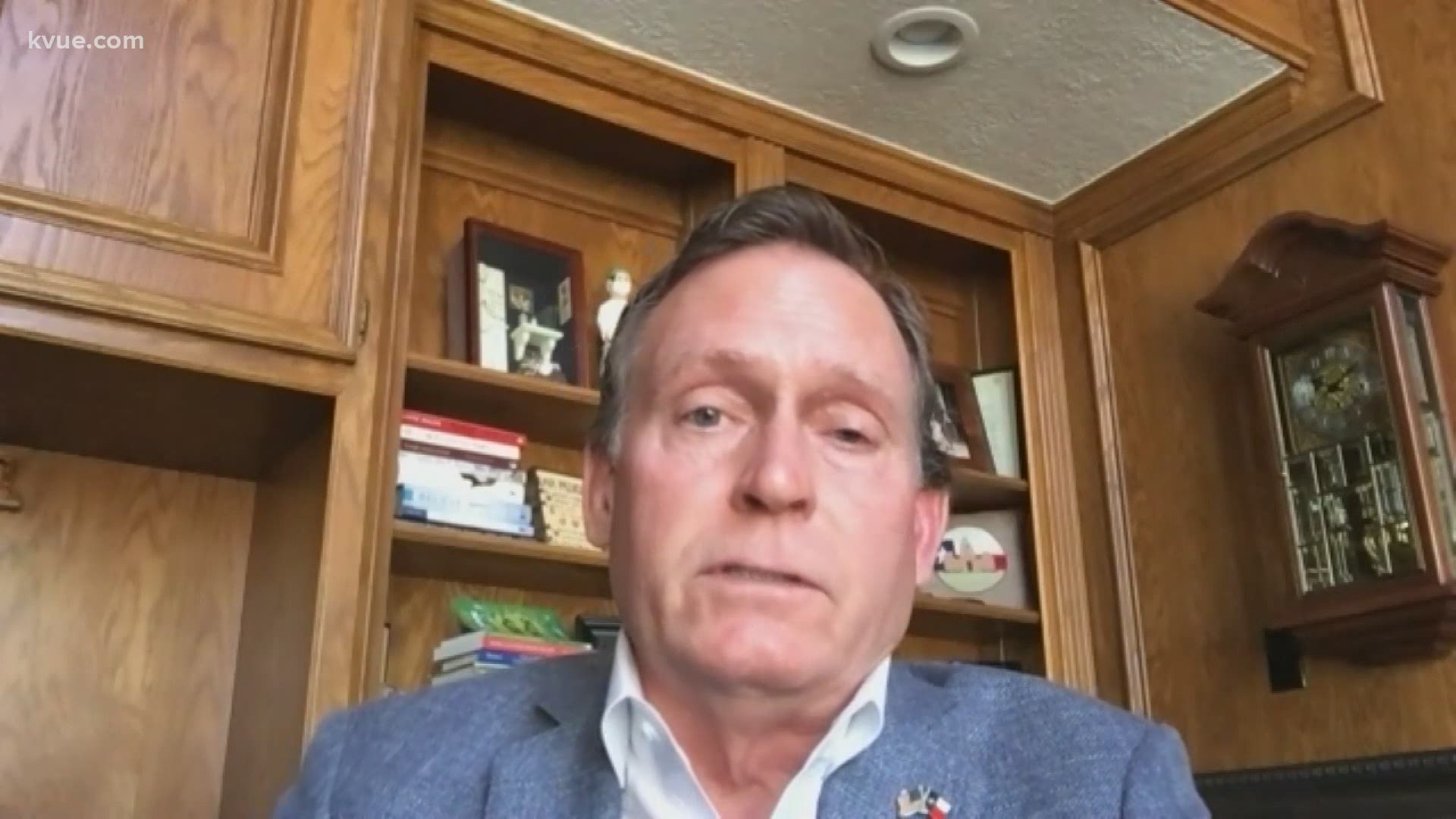AUSTIN, Texas — Monday will mark four weeks since Texas started vaccinating people for COVID-19.
Since the start, Gov. Greg Abbott and health leaders projected Texas would receive more than 1 million doses by the end of 2020. The state came up a few hundred-thousand short.
"We probably have gotten close to a million doses delivered by the end of the year, especially if we include what I would call week four of delivery, which actually will occur next week," Dr. John Zerwas, a member of the Expert Vaccine Allocation Panel, said on Saturday.
Zerwas added the short supply depends on a handful of factors, but notably there are only two vaccines with emergency use authorization from the Food and Drug Administration: Pfizer and Moderna.
"It'll take quite a few months here before the supply and demand really starts to balance out," Zerwas said. "There's various factors that will play into that, of course, not the least of which is that we do expect a couple more vaccines pending FDA approval to come on board at the end of January, February timeframe."
RELATED: Some assisted living facilities navigating through data discrepancies to get the COVID-19 vaccine
On Friday, the Department of State Health Services (DSHS) said, in part, in a statement it's up to the Centers for Disease Control and Prevention to send the vaccines needed to each state.
"A portion of that [weekly] allotment for weeks two to five is held back by the CDC to use in the federal Pharmacy Partnership for LTC Program," Lara Anton, a spokesperson for DSHS, said. "DSHS then allocates the rest of the week’s allotment for Texas to enrolled vaccine providers based on recommendations from Texas’s Expert Vaccine Allocation Panel. The week four allocations are still being finalized and we expect to announce them on Monday."
Week four allocations will be kept separate from the second doses going to people who received week one vaccines, according to Zerwas.
"That's a separate allocation, that's a separate delivery," Zerwas said. "We have those those reserved for the people that need the the booster injection."
According to Zerwas, people who received those first vaccinations of Pfizer's vaccine don't have to get their booster shot exactly 21 days after the first one.
"We've been informed that, you know, to get the maximum effect, I think, they feel like there's several days on either side of that day 21 that you can get that inoculation on board and get the effect of the booster that takes you to the 95% efficacy," Zerwas said.
PEOPLE ARE ALSO READING:

